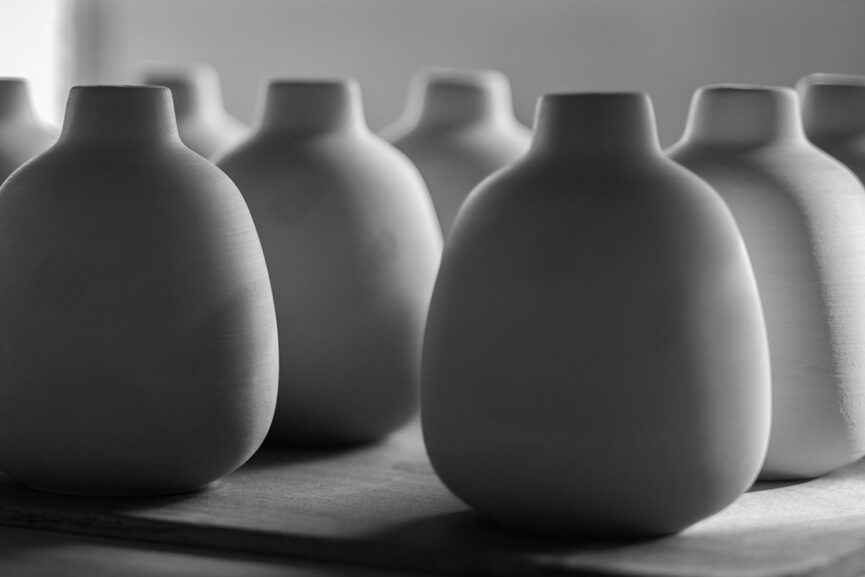Tom Pisano did not enter college with a plan to become a doctor. At age 19, he suffered an injury while skiing that left him paralyzed from the chest down. Through his treatments and rehabilitation, Tom became fascinated with the spinal cord and its connection to the brain. He found his calling. He earned a PhD in neuroscience at Princeton and then his medical degree from Rutgers. He now serves as a resident at the University of Pennsylvania’s Department of Neurology.
As Tom began making rounds in his wheelchair, he worried, at first, that patients would be less comfortable with him as a doctor. He found the opposite to be true: “Patients are more willing share what’s really bothering them. Everyone has an internal struggle or challenge of some form, mine is just visible. That helps give me a connection with the patient.” The life-changing injury inspired his career path and then gave him an unexpected therapeutic advantage with patients. (Read more about Tom Pisano’s story.)
I couldn’t help but make the connection between this amazing doctor’s story and the ministry of reconciliation Paul talks about in his second letter to the Corinthians. The church is given the mission of sharing the gospel to a world in need – the only cure available to the sin-sickened soul. We might think that the best way to reach the world is through polish and perfection. Paul understands what Dr. Pisano came to see – you reach more people when you are honest about your struggles. Paul writes:
For God, who said, “Let light shine out of darkness,” has shone in our hearts to give the light of the knowledge of the glory of God in the face of Jesus Christ. But we have this treasure in jars of clay, to show that the surpassing power belongs to God and not to us. We are afflicted in every way, but not crushed; perplexed, but not driven to despair; persecuted, but not forsaken; struck down, but not destroyed; always carrying in the body the death of Jesus, so that the life of Jesus may also be manifested in our bodies.
II Corinthians 4:6-10, ESV
While the treasure we carry is glorious – the message of hope in Christ – we are simply the clay jars that serve as containers. Part of our testimony is the contrast between our frailty and God’s glory.
Let’s consider an example. A friend asks you what you believe about the end of the world. Right away you get nervous because you know the Bible has a lot to say on the subject and you don’t remember exactly where to go for an answer. Instead of giving a hurried response that may or may not be biblical, what would happen if you asked your friend for some time to study such a good question?
You are admitting that you are not a know-it-all… but is that so bad? You might even invite your friend to study the question with you and learn together. In that scenario, you reveal your own limitations and your friend is even more at ease knowing that you both have some things to learn.
The same would also be true in helping a friend realize they have a problem with sin. Our own struggle with sin must be part of the equation. Paul will often retrace his story of opposing the church to highlight his own need for God’s grace. We all needed God’s forgiveness. If we are vessels for God, we are broken vessels restored by the master craftsman. If we are sheep who walk with the shepherd, we still remember running headlong into the ravine. If we are doctors caring for souls in need, we are like doctors in wheelchairs hoping our vulnerability can be a help.

